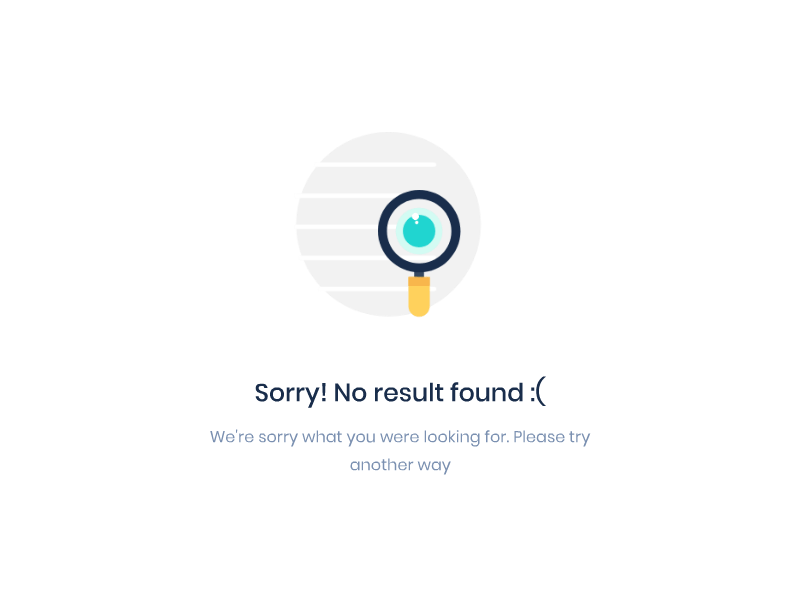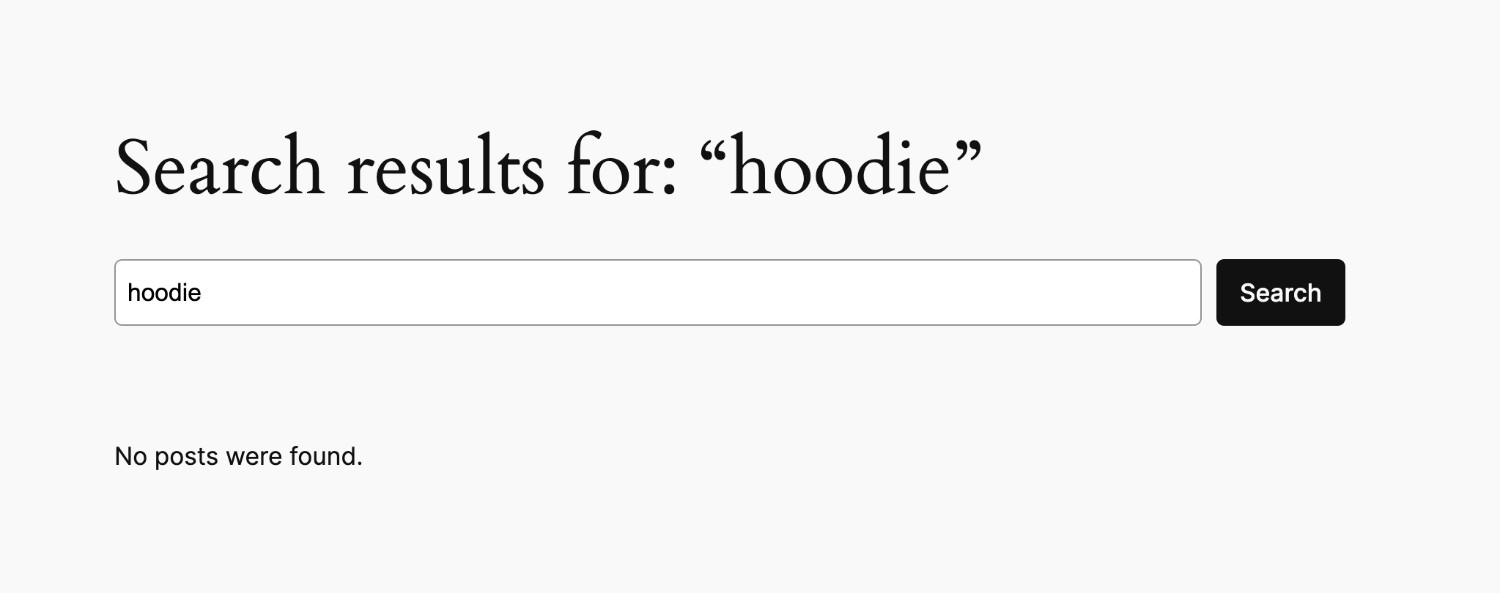Are you tired of typing search queries only to be met with a digital dead end? You're not alone. Inconsistent search results, especially on platforms like Microsoft Edge and Bing, are becoming an increasingly common source of frustration for internet users. It's time to dissect this digital dilemma and find some solutions.
For many, the promise of instant information retrieval has morphed into a game of digital whack-a-mole, where relevant content is elusive. Imagine a scenario where you're searching for specific pavers say, "12 inch x 12 inch x 2 inch pavers" and the search engine returns a blunt "There are no results." The content exists, you know it exists, but the engine simply can't seem to find it. This experience, unfortunately, is becoming more frequent, leaving users feeling like they're navigating a broken system.
| Category | Information |
|---|---|
| Name | Bing Search Engine |
| Developer | Microsoft |
| Initial Release | June 1, 2009 |
| Type | Web Search Engine |
| Key Features | Image search, video search, maps, news, translation |
| Official Website | Bing.com |
One potential culprit often cited is inadequate keyword optimization. The digital landscape is crowded, and websites vying for attention need to ensure their content is easily discoverable. Neglecting keyword research or relying on overly generic terms can severely hamper visibility. While search engines are sophisticated, they still rely on keywords to connect users with relevant information. A mismatch between search terms and website content can lead to the dreaded "no results" page.
- Maymanah Islam Life Family Legacy A Discover Biography
- Track Wildfire Smoke Air Quality A Pm25 Map You Need
It's true that we've become accustomed to the seemingly magical ability of search engines to answer almost any question. The seamlessness of platforms like Google and Amazon has raised our expectations. We anticipate instant, personalized results with every query. However, when those expectations are unmet when we're faced with a "zero results" page the frustration is palpable. It feels like a roadblock in what should be a smooth and intuitive user experience.
The issue is compounded when different search engines, even on the same machine, yield drastically different results. One user recounted an experience where Google searches produced irrelevant results, leading to annoyance. The first page was dominated by opinion pieces instead of the factual information sought. Adding insult to injury, the user then opened Firefox, ran the same search on Bing, and received nothing. However, trying the same query on Bing through Chromium suddenly produced results. This inconsistency highlights the unpredictable nature of search algorithms and their varying responses to the same input.
This leads to a critical question: what's happening behind the scenes? Why do search engines sometimes fail to deliver relevant results, even when the content exists? Several factors could be at play. Search engines use complex algorithms to crawl and index the vast expanse of the internet. These algorithms are constantly evolving, and sometimes they can miss content or misinterpret its relevance. New websites, in particular, may struggle to gain visibility until they've been properly crawled and indexed.
Another common issue is the presence of a "no index" tag. Website owners can use this tag to prevent search engines from indexing certain pages. While this can be useful for private or administrative content, it can inadvertently hide valuable information from search results. It's crucial for website administrators to carefully manage their indexing settings to ensure their content is discoverable.
The presentation of search results can also be problematic. Some argue that search engine results pages are increasingly cluttered with advertisements and opinion pieces, obscuring the factual information users are seeking. This shift towards monetization can compromise the quality and relevance of search results, further frustrating users.
But there is a solution. While search engines are complex, there are steps users can take to improve their search experience. One simple yet effective technique is to refine search queries. Instead of using broad, generic terms, try to be as specific as possible. Include relevant keywords and modifiers to narrow down the search and increase the likelihood of finding the desired information.
For instance, instead of simply searching for "pavers," specify the dimensions, material, and intended use. A query like "12x12 inch concrete pavers for patio" is much more likely to yield relevant results. Experiment with different keyword combinations and variations to see what works best.
Another helpful tip is to leverage advanced search operators. Most search engines offer a range of operators that allow users to refine their searches in powerful ways. For example, the "site:" operator can be used to limit search results to a specific website. The "-" operator can be used to exclude certain terms from the search. Learning and using these operators can significantly improve the accuracy and relevance of search results.
It's also worth exploring alternative search engines. While Google dominates the search market, there are other options available, each with its own strengths and weaknesses. DuckDuckGo, for example, is known for its commitment to privacy and its lack of personalized search results. Startpage offers another privacy-focused alternative, allowing users to search Google anonymously. Experimenting with different search engines can sometimes yield surprising results.
In cases where search engines consistently fail to deliver relevant results, it may be necessary to take more drastic measures. One user reported success in resolving Bing search issues by clearing their browser cookies. They recommended installing the Cookie Editor Plus extension, navigating to Bing.com, and deleting all cookies associated with the site. This process effectively resets the browser's interaction with Bing, potentially resolving any underlying issues causing the search problems.
While a "no results" page can be frustrating, it also presents an opportunity for website owners to improve the user experience. Instead of simply displaying a blank page, websites can use this space to offer helpful suggestions and guidance. A well-designed "no results" page might include microcopy prompting users to search again, offering suggested search terms, or providing links to popular content. By turning a negative experience into a positive one, websites can retain users and improve their overall satisfaction.
The key to success, in both searching and in life, often lies in consistency and realistic expectations. Showing up daily, even when it's difficult, allows you to build habits and create a more reliable experience. When expectations dont align with reality, its easy to become frustrated, so strive for a balanced perspective. When the search reality does match the expectation, you are happy and feel more confident, optimistic. The former helps you to feel more confident, optimistic, and
Ultimately, navigating the world of search engines requires a combination of patience, experimentation, and a willingness to adapt. While inconsistent search results can be frustrating, understanding the underlying causes and employing effective search strategies can help users find the information they need. The online world has many solutions waiting to be uncovered, and the search engines are the door, you just need to find the correct key to the door to find what you need.
Remember that while working out but not seeing results is discouraging, a slight change in strategy is usually all that's necessary to start moving in the right direction.
This help content & information general help center experience and A subreddit for news, tips, and discussions about microsoft bing.
Please only submit content that is helpful for others to better use and understand bing services and In fact, 12% of users leave a site after an unsuccessful search.
Helpful \u201cno results\u201d pages might include microcopy that prompts the user to search again or offers suggested and popular searches and North american travelers are unhappy with high ticket prices, staffing shortages and reduced routes, according to consumer research company j.d.
Power\u2019s 2023 north american airline satisfaction and Here you can find the results for the most popular lotteries, including all national lottery games plus independent society lotteries.
This page is updated straight after each draw takes place, so you can be the first to find out if you are a winner! We would like to show you a description here but the site won\u2019t allow us.
The world\u2019s most private search engine and Startpage\u2019s search engine and anonymous view feature are free and simple ways to take control of your online privacy.
We will never save or sell your search history.


